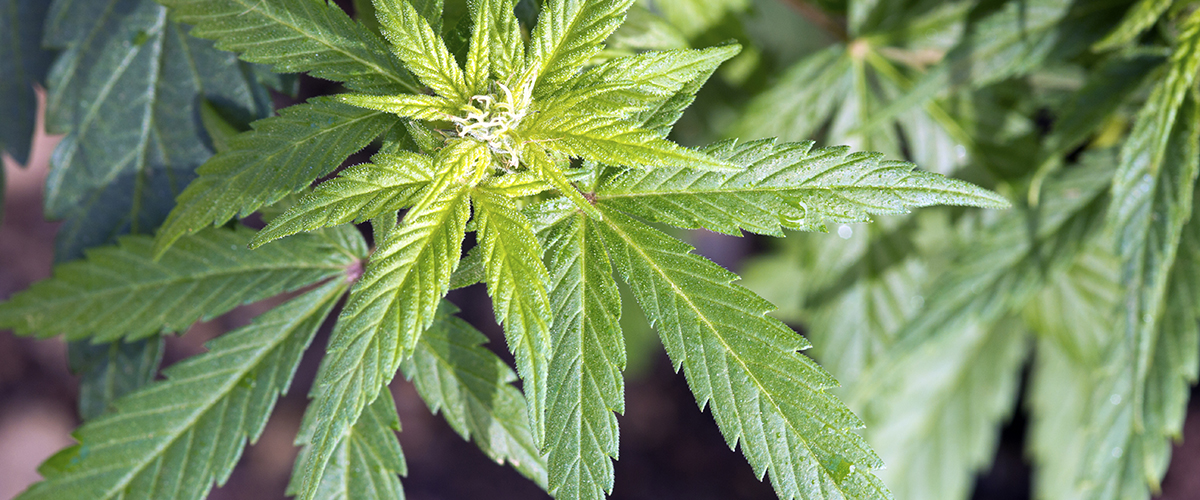FDA officials have announced that the agency will expedite its work to address rules and regulations on CBD and will release a progress report by the end of summer/early fall.
As pressure mounts on the federal government to establish new regulations on hemp-derived products, the Food and Drug Administration (FDA) has announced they are “expediting” the process.
Earlier this month, Food and Drug Chief Information Officer Dr. Amy Abernethy shared a series of Twitter posts announcing that the department is moving forward to gather information on cannabidiol (CBD).
“FDA is expediting its work to address the many questions about cannabidiol (CBD). This is an important national issue with public health impact, & an important topic for American hemp farmers and many other stakeholders,” Abernethy tweeted.
1/3 FDA is expediting its work to address the many questions about cannabidiol (CBD). This is an important national issue with public health impact, & an important topic for American hemp farmers and many other stakeholders. pic.twitter.com/XQbXb0KspU
— Dr. Amy Abernethy (@DrAbernethyFDA) July 12, 2019
Abernethy said the FDA plans to report on their progress by the end of summer or early fall. In a news release, Abernethy said the FDA’s role is becoming more practically relevant to many affected stakeholders.
“We recognize the need to be clear and open about where things stand, and about the efficient and science-based way in which we are moving forward,” she stated.
On July 25, the U.S. Senate Committee on Agriculture, Nutrition, and Forestry will hold a hearing on hemp production and the 2018 Farm Bill. Abernethy will join a group of witnesses to testify during the Senate committee’s first hearing on the new, burgeoning hemp industry.
Hemp Regulation and the FDA
Hemp was removed from the list of federally controlled substances after Donald Trump signed the 2018 Farm Bill last December. The act officially legalized the commercial production of hemp and placed the FDA in charge of regulating hemp-derived products.
The FDA is responsible for regulating any product marketed as having natural effects. As many CBD oil products are sold to promote health and well-being, the FDA must establish rules on regulations on those products.
The same general rules apply to food products, including dietary supplements. Lowell Schiller, Principal Associate Commissioner for Policy, stated in the FDA news release that it is currently illegal to put into interstate commerce a food to which CBD has been added.
“The statutory provisions that currently prohibit marketing CBD in these forms also allow the FDA to issue a regulation creating an exception, and some stakeholders have asked that the FDA consider issuing such a regulation to allow for the marketing of CBD in conventional foods or as a dietary supplement, or both,” Schiller stated.
The FDA held on a public hearing on hemp on May 31 to allow stakeholders a platform to speak about their experience on knowledge on hemp-derived CBD. The FDA also invited public comments via electronic or written messages. Schiller said the agency benefited from the numerous viewpoints expressed and information shared.
“We look forward to reviewing written comments submitted to the public docket, including comments on safety (including whether there is a threshold level that could appropriately be considered safe for foods and dietary supplements), manufacturing, product quality, marketing, labeling, and sale of products containing cannabis or cannabis-derived compounds,” Schiller said.
FDA officials said they will continue to research the following questions:
- How much CBD is safe to consume in a day? How does it vary depending on what form it’s taken?
- Are there drug interactions that need to be monitored?
- What are the impacts of CBD on special populations, like children, the elderly, and pregnant or lactating women?
- What are the risks of long-term exposure?
The Latest on Cannabis
Want to learn more about cannabis in politics, business, or scientific research? Check out our news page for the latest in cannabis news.






